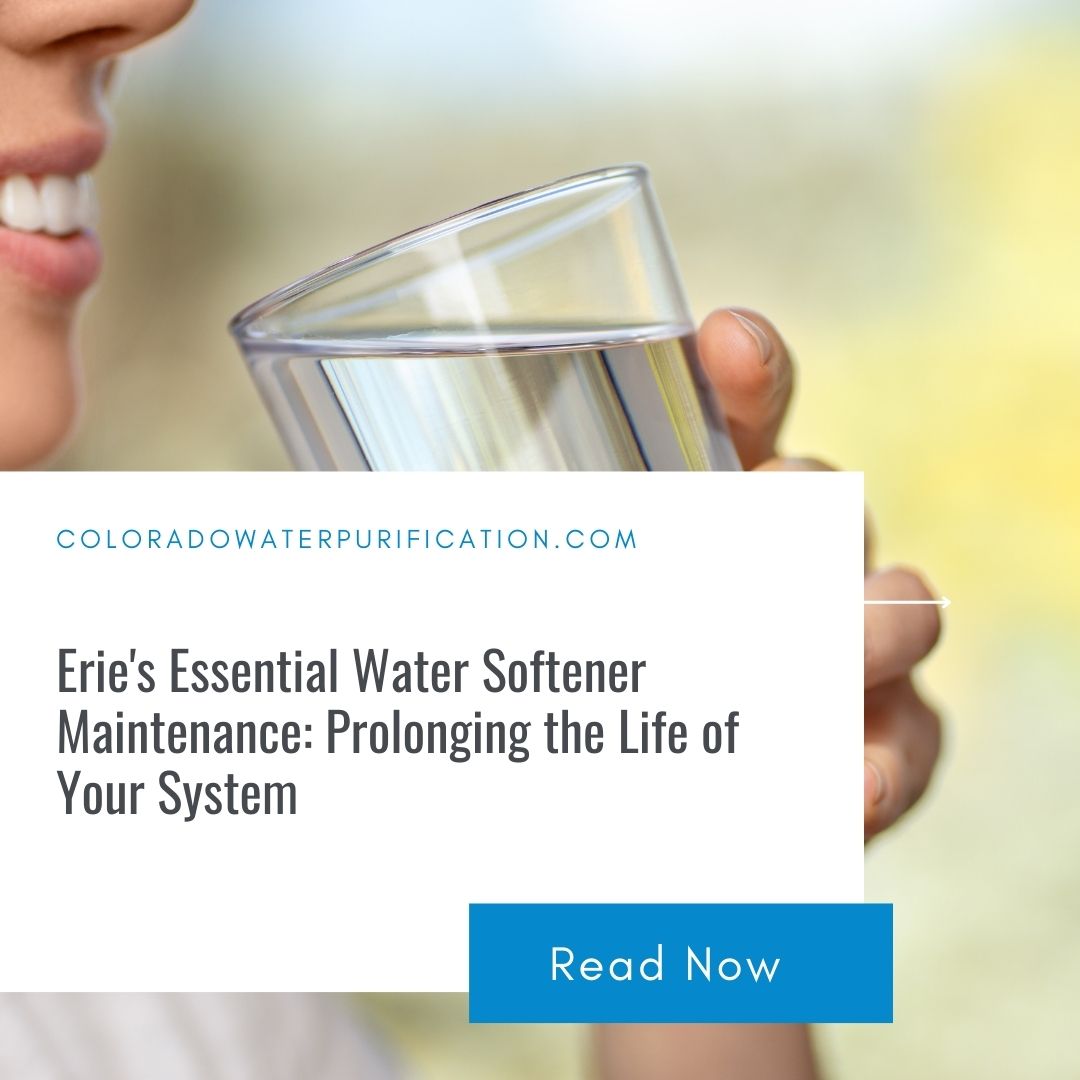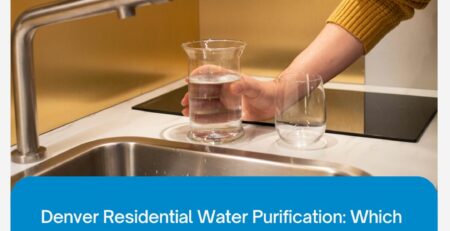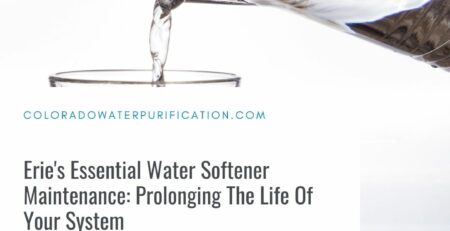Erie’s Essential Water Softener Maintenance: Prolonging the Life of Your System
In the heart of Erie lies a thriving community of homeowners who understand the importance of clean and efficient household water systems. One significant investment you might have made to ensure high-quality water for your family is a water softener. But, like any complex system, even the most reliable water softeners need care to maintain optimal performance. This post is dedicated to Erie’s residents who are committed to preserving their water softening investment, ensuring their system operates effectively for years to come.
Why Water Softener Maintenance Matters
The water softener is your silent home companion, working tirelessly to remove mineral deposits from your water supply. A well-maintained system provides a host of benefits. Soft water means softer skin and hair, brighter, cleaner clothes, and lengthier life spans for water-using appliances due to the reduction in scale build-up. Proper maintenance is key to sustaining these advantages and protecting your investment in the system and your home.
Essential Maintenance Tasks
Regular Cleaning of Resin Tank
The resin tank is the heart of a water softening system, responsible for exchanging minerals for sodium. Over time, the resin bed can become coated with contaminants, reducing its efficacy. Regular cleaning, as often as every two years, is crucial for preventing blockages and maintaining high performance.
Checking and Replenishing Salt Levels
Salt is the ammunition in the water softener’s fight against hard water. Regularly check the salt levels, ideally every two to three months. Maintaining a proper salt level ensures the system operates at its best, converting hard water into the soft, pure H2O you expect.
Inspecting for Leaks and Malfunctions
A quick visual inspection monthly can help you catch issues early. Look for salt bridges, which can prevent brine production, and signs of leaking around the tank. Malfunctions can compromise the entire system, but early detection prevents costly repairs.
Replacing Filters
Screens and filters are the line of defense against debris entering your water lines and can become clogged if not periodically replaced. A rule of thumb is to check them every year and replace as necessary.
DIY vs. Professional Maintenance
Deciding whether to tackle water softener maintenance yourself or call in the professionals requires understanding both the system and your own comfort level with appliance care. DIY maintenance can save money, but professional service guarantees comprehensive care, detecting and addressing issues you may have missed.
Pros and Cons of DIY Maintenance
DIY maintenance can be empowering and cost-effective, but it requires time, tools, and the willingness to get your hands a little dirty. Without proper knowledge, you could inadvertently cause more harm than good.
When to Seek Professional Help
If you encounter an issue you can’t resolve or if the maintenance task involves opening the unit, it’s best to seek professional help. Qualified technicians have the experience and training necessary to provide the best care for your water softener system.
Troubleshooting Common Issues
Despite your best efforts, you may encounter some common issues. It’s essential to know how to troubleshoot these problems to minimize downtime and potential damage to your system.
Addressing Low Water Pressure
Reduced water pressure can be a sign of several issues, including blockages in the resin bed. Ensuring all valves are open and clean can resolve the problem. If not, it may be time to call a professional.
Dealing with System Blockages
Blockages within the softener can be a result of sediment build-up or salt bridges. Regular cleanings and proper salt usage can help prevent blockages, but if you have one, gently breaking up the salt bridge may be necessary.
Handling Salt Bridging
Salt bridging occurs when a hard crust forms above the water level in the brine tank, reducing the softener’s ability to make brine. You can gently probe or break up the crust, but do so carefully to avoid damaging the system.
Preventive Care Tips
Beyond specific maintenance tasks, certain habits and routines can significantly extend the lifespan of your water softener. Here are a few key tips to keep in mind.
Best Practices for Extending the Lifespan of Water Softeners
- Use high-quality water softener salt to reduce build-up in the brine tank and improve system efficiency.
- Consider installing a pre-filter if your water is high in sediment to reduce the load on your softener’s filtering components.
- Familiarize yourself with the manufacturer’s recommendations and adhere to them. Over-maintenance can be as harmful as neglect.
Seasonal Maintenance Routines
Seasons can impact the performance and needs of your water softening system. For example, you might need to adjust your settings during winter. Regularly evaluate and adjust settings or salt use based on seasonal demands.
Conclusion
Your water softener contributes to your home’s overall comfort and your family’s well-being. By prioritizing regular maintenance and promptly addressing any issues, you’re ensuring a long, effective life for your essential water softening system. In Erie, where water quality can vary, these actions are particularly vital in safeguarding your home’s most significant asset—clean water. Don’t wait until problems arise. Stay ahead with these maintenance tips, and enjoy the benefits of soft, clean water for years to come.
Maintaining your water softener can be a simple task with an enormous impact. For more personalized advice on how to care for your specific system, consider reaching out to local water softener companies who can provide guidance tailored to Erie’s unique water conditions. Taking care of your water softener not only benefits you and your family, but also contributes to the sustainability and health of your community’s water resources by reducing the amount of waste water created by household activities.
Erie homeowners, the power to prolong the life of your water softener is in your hands—quite literally. With consistent checks and a genuine and thorough approach to maintenance, your softener will continue to serve you and your household’s needs, softening both your water and the impact on your wallet.










